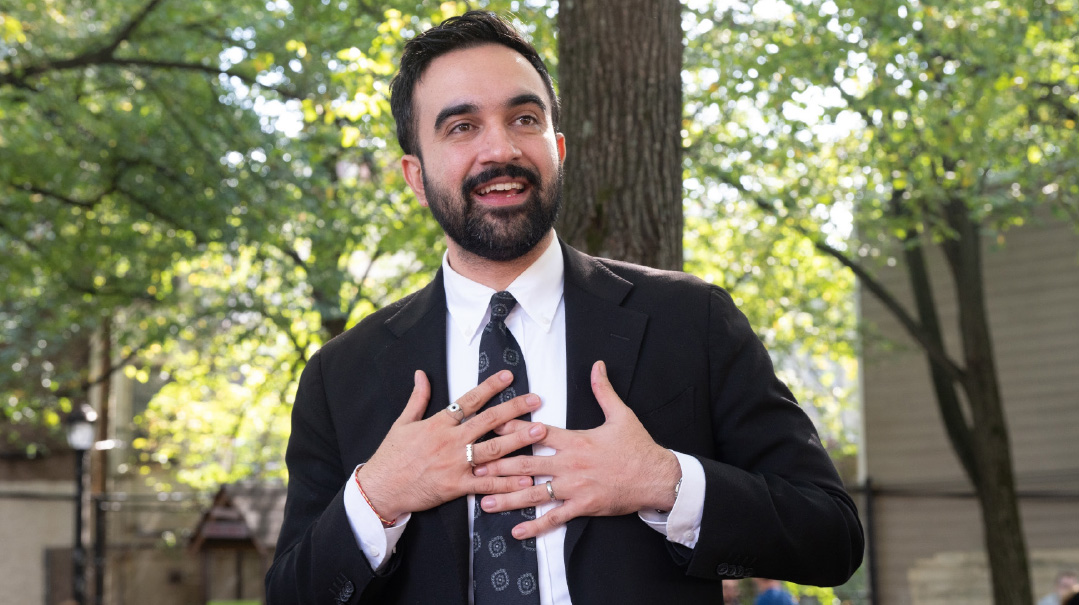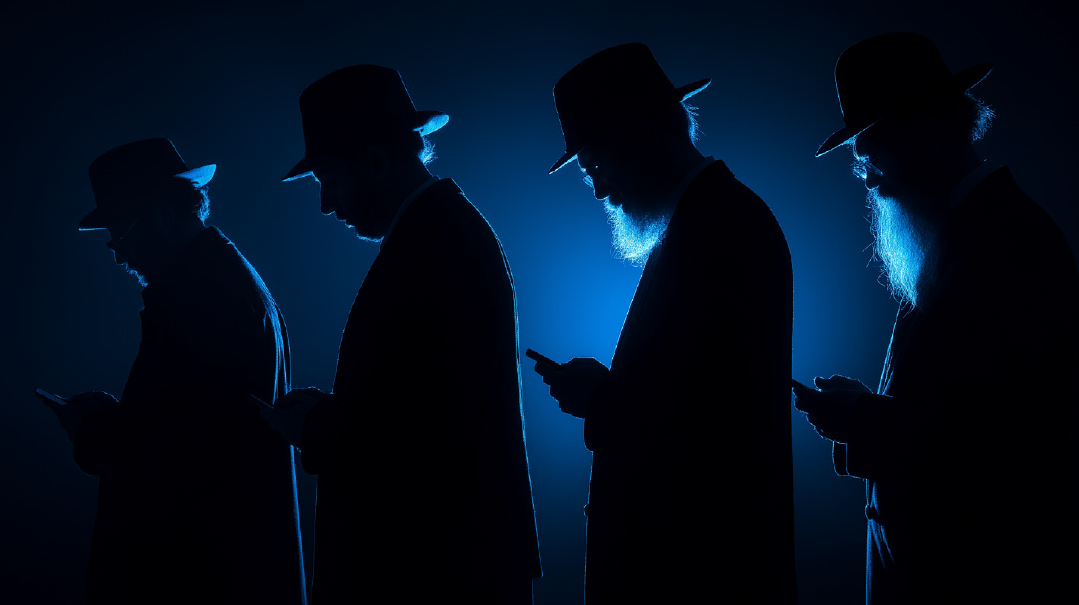Their Suffering
| March 5, 2024Existentially, perhaps more than at any time in my life, I am taking our suffering into account

Photo: Flash90
I
am told that I must feel the pain of the Jews in Israel. I owe it to them.
I do not feel their pain.
I am told that terrible tragedies have befallen so many in Israel — wounded and bereaved — and I must take their suffering into account.
I do not take their suffering into account.
I am told that there is a tragic division in Israel — between those who want the war stopped or compromised or whatever it takes to get the Israeli hostages released, and those who say that for the future safety of the Jews in Israel, the war must be continued until Hamas is defeated — and how can I not be moved by this dilemma imposed on them?
I am not moved by their dilemma.
I am told that our recitation of Tehillim for them has slackened, and this is to be expected, but we must persevere on their behalf.
I do not persevere on their behalf.
I am told to look at the map of southern Israel (the “Gaza Envelope”), count up all the places where Hamas attacked on October 7, 2023, and see how extensive the damage was that the evildoers did to the residents there.
I am not interested in the damage done there.
When I am told all these things — and I hear them regularly from my fellow religious Jews in the United States — I am shocked and saddened and, frankly, at a loss.
What do you mean, them?
Their pain?
Terrible tragedies in Israel?
Their suffering?
Saying Tehillim on their behalf?
It has to be more than a lovely story when it is told of the late tzaddik of Jerusalem, Reb Aryeh Levin, that when he went to the doctor with his wife, who was suffering from a pain in her leg, he said to the doctor, “Our leg hurts.”
What is the point of this or of any similar story if, when we are in pain, it is said that we must feel their pain?
Who are we praying for? Do we really think that when Hamas comes after Jews in Israel, they wouldn’t come after us, too, if they had the chance? And that, more to the point, when they do come after the Jews in Israel, the unspeakably savage massacre of whole communities of Jews doesn’t leave all of us, regardless of where we live, torn up?
I say Tehillim for them and for me and for Jews everywhere. Not just for them. The Jewish People — the collective, in the singular — is in crisis. I am not taking their suffering into account. Existentially, perhaps more than at any time in my life, I am taking our suffering into account.
The Holocaust changed the entire Jewish People. It doesn’t matter whether I personally was a victim or not, or whether my family included victims or not. It doesn’t matter where I live. As a Jew, I am forever changed because of the Holocaust.
October 7: the same. We are all forever changed.
All of us.
G-d willing, Israel will “recover,” if by recover we refer to borders, security, economy, internal cohesion.
But the Jewish People, in and out of Israel, is not “recovering,” at least not until the promised future, may it come soon.
If there is anything that has shown the Jewish People since the Holocaust that we are a single, inextricably interlinked nation, with one destiny, it is October 7.
So no, I cannot count up the places Hamas where attacked and desecrated and see the damage there. Of course, I have no right to compare my life in the Diaspora to the terrible fate of the lives in southern Israel. Of course, the damage to them is different from the damage to me, but, as a Jew, G-d forbid that I not see the damage there as my damage, too. My loss, too. My destiny, too. My mourning, too.
The chesed I do for the victims in Israel, the farms in Israel, the mourners in Israel, the newly impoverished in Israel — it’s for them? I’m helping them?
No. It is not “us” and “them.” Our leg hurts.
Rabbi Hillel Goldberg is the editor and publisher of the Intermountain Jewish News, for which he has written a weekly column, “View from Denver,” since 1972, and the author of numerous seforim about the mussar movement and other subjects.
His column will appear once a month.
(Originally featured in Mishpacha, Issue 1002)
Oops! We could not locate your form.







